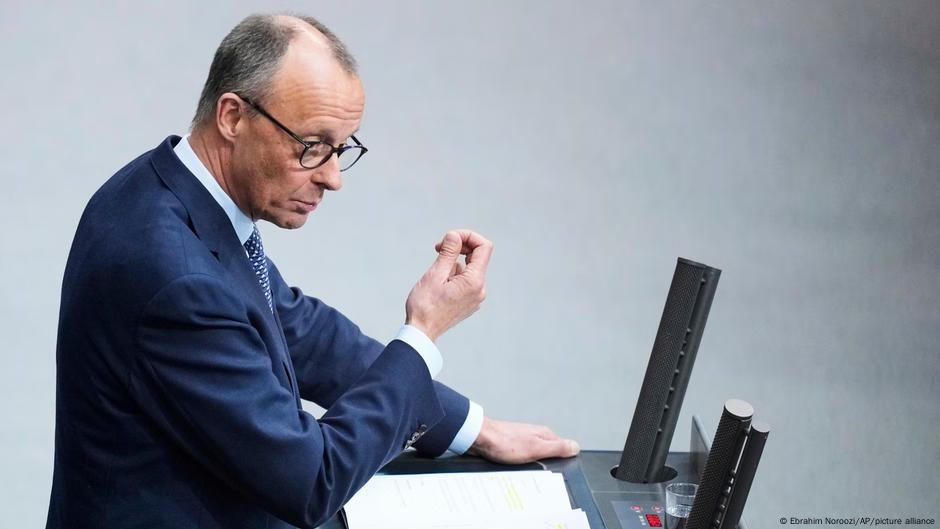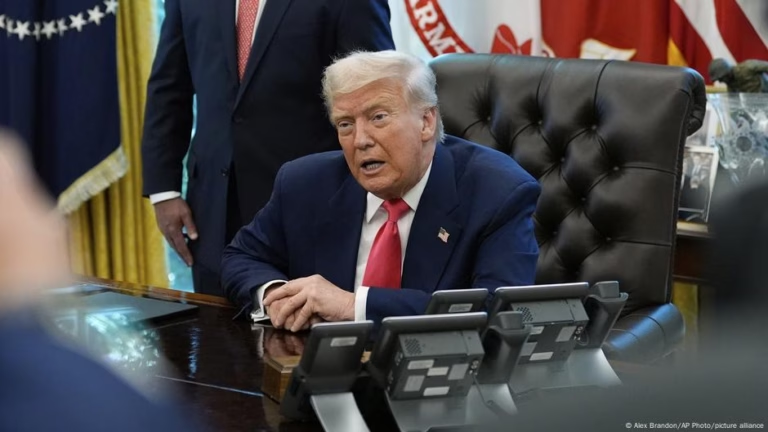In a pivotal development for Germany’s financial and political landscape, Friedrich Merz, the leader of the victorious CDU/CSU alliance in the recent elections, alongside the Social Democrats (SPD) and the Greens, have reached a preliminary consensus to significantly expand Germany’s state borrowing. This decision, awaiting a crucial parliamentary vote next week, marks a significant shift in Germany’s budgetary policy.
Under the proposed debt reform, defense spending will be exempted from the country’s constitutional “debt brake,” a cornerstone of previous fiscal policy designed to ensure fiscal responsibility. Additionally, the agreement includes the establishment of a substantial €500 billion fund dedicated to infrastructure investments, signaling a clear commitment to revitalizing and modernizing Germany’s public and private sectors. Notably, the compromise also allocates €100 billion towards efforts for climate and economic transformation, underscoring the coalition’s dedication to sustainable and equitable development.
Merz emphasized the importance of this agreement, stating, “Germany is back,” and signaling a strong message to both allies and adversaries of the nation’s reinforced commitment to self-defense and readiness to defend democratic values and peace in Europe. He also confirmed an expected €3 billion in military aid for Ukraine, once the debt reform bill passes the Bundesrat, the upper house of the German parliament, highlighting Germany’s role in supporting international peace and security efforts.
Lars Klingbeil, co-leader of the Social Democrats, hailed the agreement as a substantial boost to Europe’s largest economy. He stressed that this agreement lays the groundwork for Germany to regain its economic and political footing, underscoring the significance of the historic debt package in charting a course for a stronger, more resilient Germany.
The agreement comes after initial resistance from the Greens, who had concerns over the implications of loosening the debt brake. However, recognizing the importance of the proposed measures for Germany’s economic revitalization and its global standing, they have agreed to support the reform. The urgency to secure this financial package is pronounced, with the current Bundestag scheduled to convene on March 25. There are concerns that an enlarged faction of far-right and far-left lawmakers in the new parliament could possibly block the measures, making the upcoming vote critical for the future of Germany’s economic and defense policies.
The agreement represents a significant moment for Germany, setting the stage for a new era of investment, growth, and global leadership. It reflects a broad consensus on the need for robust action to address both domestic and international challenges, paving the way for a potentially transformative period in German and European affairs.
Source: https://www.dw.com/en/germany-parties-agree-on-historic-debt-deal/a-71922888?maca=en-rss-en-all-1573-rdf








